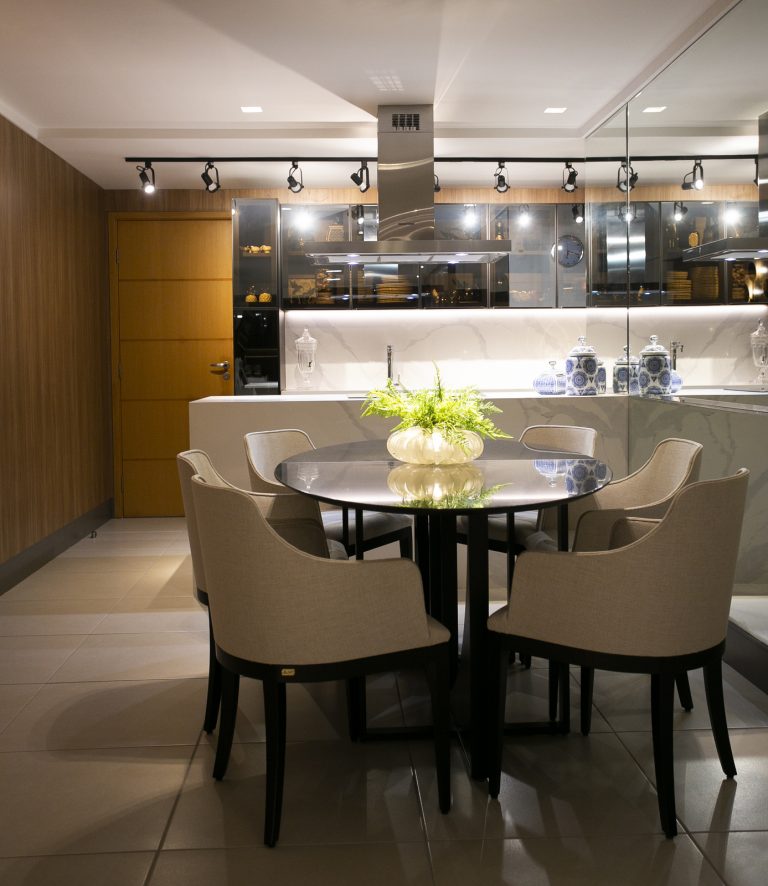São Paulo – Brazilian companies in the furniture sector expect to sell USD 1 million over the next 12 months after a B2B in the first stage of the Exporta Mais Brasil project. From August 16 to 17, 22 manufacturers met with Chile, Colombia, Ecuador, South Africa, and Germany importers in João Pessoa, Paraíba. The program is an initiative of the Brazilian Trade and Investment Promotion Agency (ApexBrasil) occurring until the end of the year in 13 sectors and 13 states with sector associations and projects. In this round, ApexBrasil partnered with the Brazilian Association of Furniture Industries (Abimóvel) and Brazilian Furniture, a joint initiative of the two institutions to promote the sector.
One of the focuses of Exporta Mais Brasil is to promote the internationalization of companies in the country and reach businesses and production centers away from the major financial hubs, although those are also contemplated. Until August 24, the program will be in Cachoeiro de Itapemirim, in Espírito Santo, where importers – including buyers from the United Arab Emirates and Oman – will make technical visits and attend B2Bs with companies producing ornamental stones. The following week, Robusta coffee producers from Cacoal, in Rondônia, will receive foreign clients, including from Jordan and the UAE.
In an interview with ANBA, the regional manager of ApexBrasil, Jacy Braga; the executive director of Abimóvel, Cândida Cervieri; and the International Business analyst and coordinator of the Brazilian Furniture project, Clarissa Franco, commented on the challenges of the internationalization of companies, opportunities when accessing foreign markets and the B2B held in the capital of Paraíba.
According to Braga, ApexBrasil has tried to present manufacturers and promote exports from regional hubs without failing to encourage products from large centers. The executive director of Abimóvel, Cândida Cervieri, observed some of the companies that participated in the B2Bs in João Pessoa have never exported, and it was an opportunity to have contact with the foreign market. “The perspective [of doing business in the future] is excellent. We see there is potential, especially when looking at the interests of the Middle East,” she said.
Brazilian furniture, said Cervieri, is desired worldwide (pictured above, an Officina project). The reasons are the design, quality, and variety of wood, always certified. There is a large, but not exclusive, demand from Arab customers to use furniture in outdoor areas, such as gardens and pool decks.
Cervieri also observed Brazil is the sixth largest furniture producer in the world, with an industry distributed throughout the territory and opportunities to explore exports from all regions. The Northeast, says the executive director of Abimóvel, was responsible for 6% of national production five years ago. In 2022, it corresponded to 13%. “Having the Exporta Mais Brasil program in Paraíba shows there is, in Brazil, a capacity that needs to be seen,” she said.
Franco observed projects like this have a broader result than sales: “They are a regional development tool, which promotes economic growth and social transformation in the regions where the companies are located. We have in the scope sectors that are not so traditional and regions that need to develop exports better,” she said.
Translated by Elúsio Brasileiro




